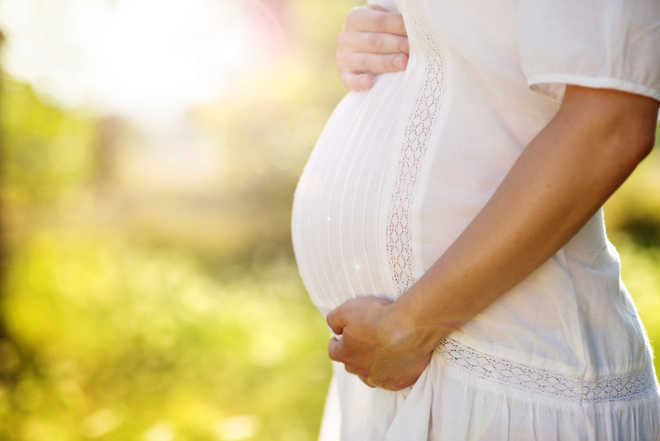
Washington
High-fat diet during pregnancy may increase the risk of breast cancer in up to three generations of offspring, a study warns.
Researchers fed pregnant female mice a diet high in fat derived from common corn oil. This resulted in genetic changes that substantially increased breast cancer susceptibility in three generations of female offspring.
The study, published in the journal Breast Cancer Research, suggests a research direction for examining the diet of pregnant women, said Leena Hilakivi-Clarke, professor at Georgetown Lombardi Comprehensive Cancer Center in the US.
“It is believed that environmental and life-style factors, such as diet, plays a critical role in increasing human breast cancer risk, and so we use animal models to reveal the biological mechanisms responsible for the increase in risk in women and their female progeny,” said Hilakivi- Clarke.
A high-fat diet is linked to excess inflammation, and a number of epidemiological studies have made the connection between inflammation and risk of cancer, she said.
Hilakivi-Clarke has found in earlier studies that mice that eat a high fat diet when they are pregnant have “daughters” that are at excess risk of the cancer.
The new study, however, found that if pregnant mice were switched to a high fat diet during their second trimester when the germ line mediating genetic information from one generation to another forms in the fetus, an increase in breast cancer risk is also seen in “great granddaughters”.
A gene screen revealed a number of genetic changes in the first (daughter) and third (great granddaughter) high-fat mice generations, including several genes linked in women to increased breast cancer risk, increased resistance to cancer treatment, poor cancer prognosis and impaired anti-cancer immunity.
The researchers also found three times as many genetic changes in third generation than first generation mammary tissue between high-fat diet progeny and the control group’s offspring.
The amount of fat fed to the experimental mice matched what a human might eat daily, said Hilakivi-Clarke.
In the study, both the control mice and the mice fed chow with high levels of corn oil ate the same amount of calories and they weighed the same.
“But our experimental mice got 40 per cent of their energy from fat, and the control mice got a normal diet that provided 18 per cent of their energy from fat,” Hilakivi- Clarke said.
“The typical human diet now consists of 33 per cent fat,” she added.
Pregnant mice in the experimental arm ate the high-fat diet starting at gestation day 10, the time when a daughter’s ovarian eggs (and so their germ cells) begin to develop.
This corresponds roughly to a woman’s second trimester.
By comparison, eating a high-fat diet before and during pregnancy increase breast cancer risk in the subsequent two generations, but does not cause inheritable changes in the germ cells, Hilakivi-Clarke said.